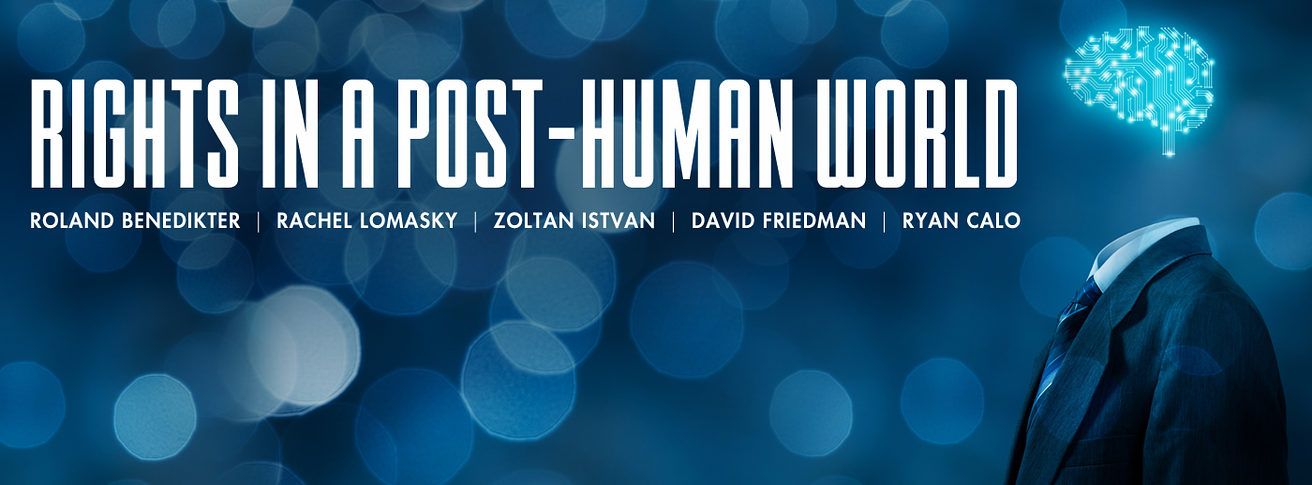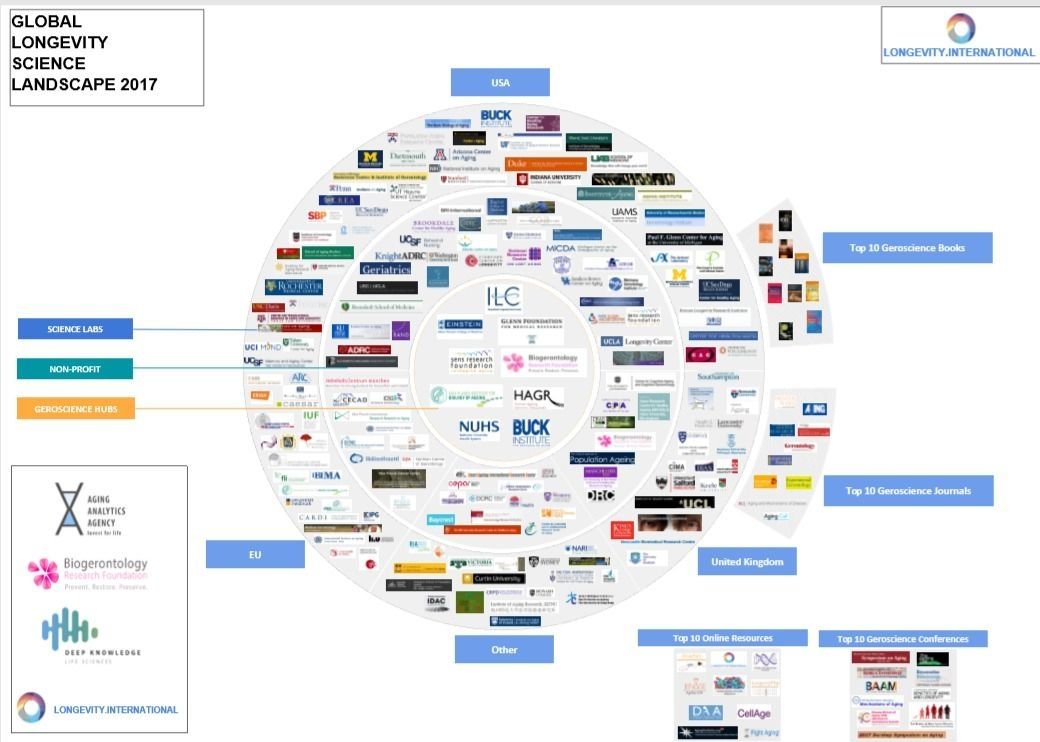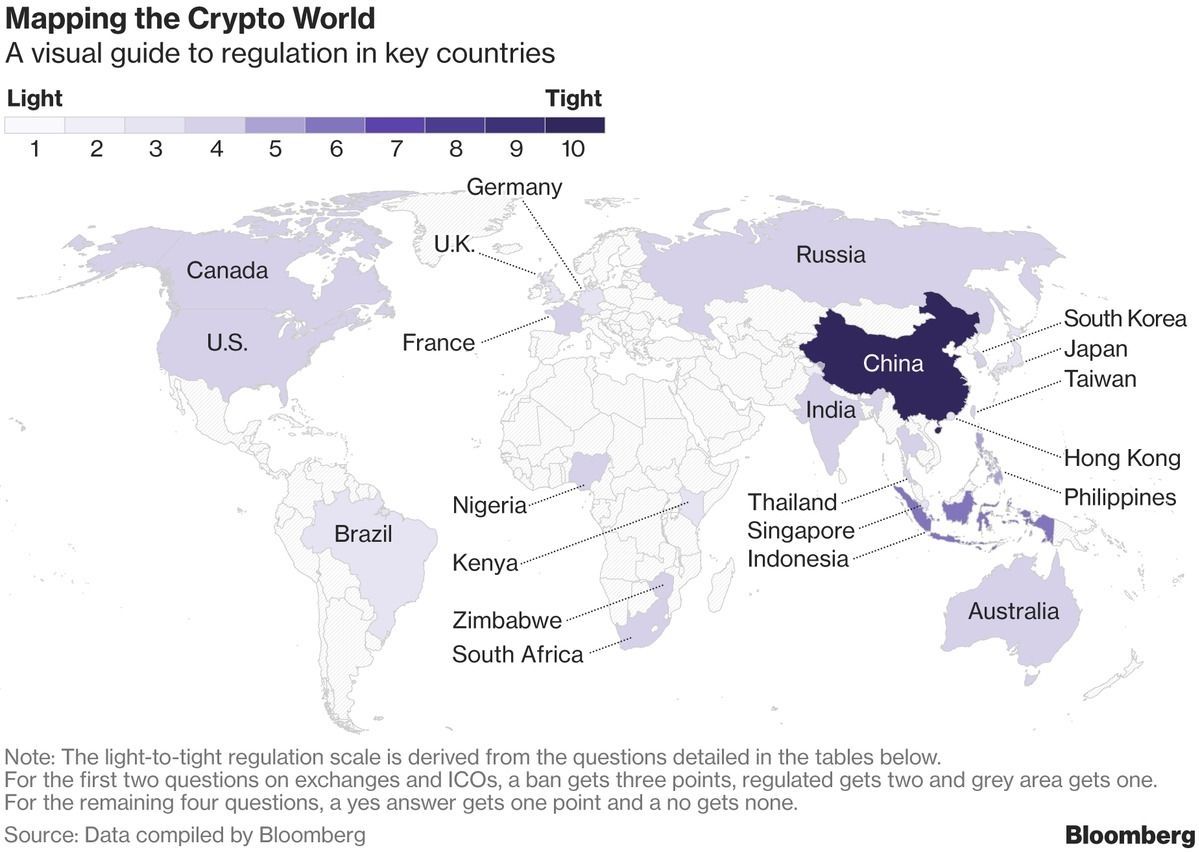This month I’m participating in Cato Institute’s Cato Unbound discussion. Cato is one of the world’s leading think tanks. Here’s my new and second essay for the project:
Professor David D. Friedman sweeps aside my belief that religion may well dictate the development of AI and other radical transhumanist tech in the future. However, at the core of a broad swath of American society lies a fearful luddite tradition. Americans—including the U.S. Congress, where every member is religious—often base their life philosophies and work ethics on their faiths. Furthermore, a recent Pew study showed 7 in 10 Americans were worried about technology in people’s bodies and brains, even if it offered health benefits.
It rarely matters what point in American history innovation has come out. Anesthesia, vaccines, stem cells, and other breakthroughs have historically all battled to survive under pressure from conservatives and Christians. I believe that if formal religion had not impeded our natural secular progress as a nation over the last 250 years, we would have been much further along in terms of human evolution. Instead of discussing and arguing about our coming transhumanist future, we’d be living in it.
Our modern-day battle with genetic editing and whether our government will allow unhindered research of it is proof we are still somewhere between the Stone Age and the AI Age. Thankfully, China and Russia are forcing the issue, since one thing worse than denying Americans their religion is denying them the right to claim the United States is the greatest, most powerful nation in the world.
A general theme of government regulation in American science is to rescind red tape and avoid religious disagreement when deemed necessary to remain the strongest nation. As unwritten national policy, we broadly don’t engage science to change the human species for the better. If you doubt this, just try to remember the science topics discussed between Trump and Clinton in the last televised presidential debates. Don’t remember any? No one else does either, because mainstream politicians regretfully don’t talk about science or take it seriously.







